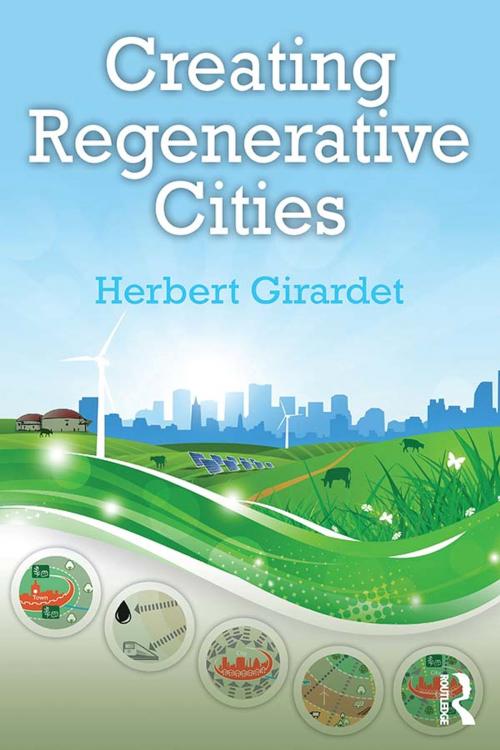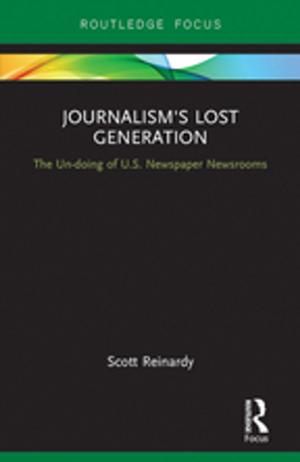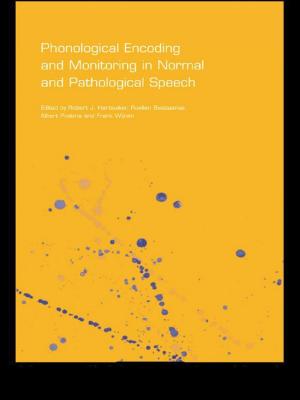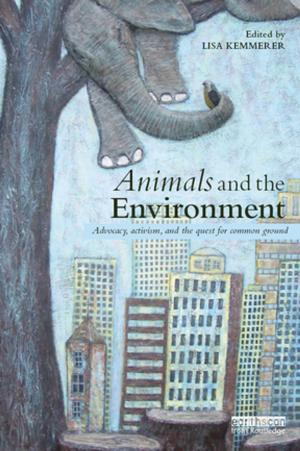Creating Regenerative Cities
Nonfiction, Art & Architecture, Architecture, Planning, Social & Cultural Studies, Political Science, Politics, City Planning & Urban Development| Author: | Herbert Girardet | ISBN: | 9781317654094 |
| Publisher: | Taylor and Francis | Publication: | September 19, 2014 |
| Imprint: | Routledge | Language: | English |
| Author: | Herbert Girardet |
| ISBN: | 9781317654094 |
| Publisher: | Taylor and Francis |
| Publication: | September 19, 2014 |
| Imprint: | Routledge |
| Language: | English |
Large, modern cities have effectively declared their independence from nature. But while they take up only three percent of the world’s land surface, their ecological footprints actually cover the entire globe. Humanity is building an urban future, yet urban resource use is threatening the future of humanity and the natural world. To meet the aspirations of city people in both developing and developed countries, bold new initiatives are needed.
Modern cities are an astonishing human achievement. As centres of innovation they are humanity’s cultural playgrounds. Their communication and transport systems have developed a global reach. They are attractive to investors because they can offer a vast variety of services at comparatively low per-capita costs. But are they viable as ecological systems?
The planning of new cities, as well as the retrofit of existing cities, needs to undergo a profound paradigm shift. Mere 'sustainable development' is not enough. To be compatible with natural systems, cities need to move away from linear systems of resource use and learn to operate as closed-loop, circular systems. To ensure their long-term future, they need to develop an environmentally enhancing, restorative relationship between themselves and the natural systems on which they still depend.
Creating Regenerative Citiesis a concise, solution-oriented manual for creating regenerative urbanisation. A wide range of technical, management and policy solutions already exist, but implementation has been too slow and too little, in large part because the kinds of holistic approaches needed are still unfamiliar to fragmented and process-driven urban policy making and governance. Herbert Girardet's 30 years’ experience as an ecologist, thinker, film maker and consultant working around the world has created this unique combination of tried and tested best practices and policies, which outlines the fundamental shifts needed in the way we think about our cities.
Large, modern cities have effectively declared their independence from nature. But while they take up only three percent of the world’s land surface, their ecological footprints actually cover the entire globe. Humanity is building an urban future, yet urban resource use is threatening the future of humanity and the natural world. To meet the aspirations of city people in both developing and developed countries, bold new initiatives are needed.
Modern cities are an astonishing human achievement. As centres of innovation they are humanity’s cultural playgrounds. Their communication and transport systems have developed a global reach. They are attractive to investors because they can offer a vast variety of services at comparatively low per-capita costs. But are they viable as ecological systems?
The planning of new cities, as well as the retrofit of existing cities, needs to undergo a profound paradigm shift. Mere 'sustainable development' is not enough. To be compatible with natural systems, cities need to move away from linear systems of resource use and learn to operate as closed-loop, circular systems. To ensure their long-term future, they need to develop an environmentally enhancing, restorative relationship between themselves and the natural systems on which they still depend.
Creating Regenerative Citiesis a concise, solution-oriented manual for creating regenerative urbanisation. A wide range of technical, management and policy solutions already exist, but implementation has been too slow and too little, in large part because the kinds of holistic approaches needed are still unfamiliar to fragmented and process-driven urban policy making and governance. Herbert Girardet's 30 years’ experience as an ecologist, thinker, film maker and consultant working around the world has created this unique combination of tried and tested best practices and policies, which outlines the fundamental shifts needed in the way we think about our cities.















